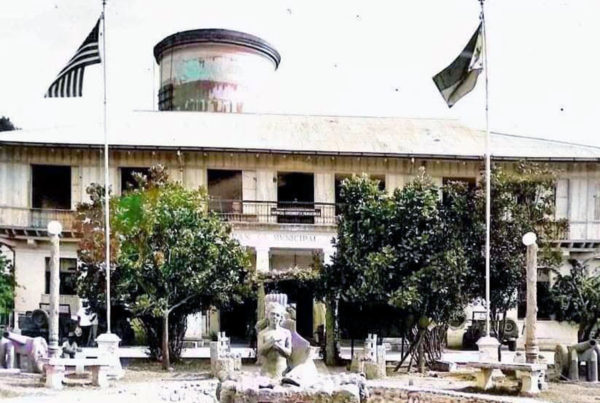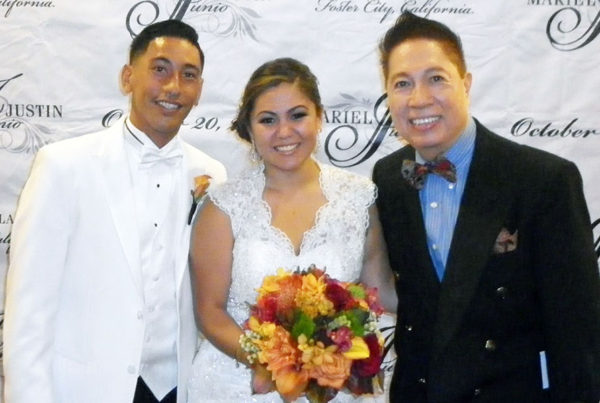Betting in jueteng

By Rex Catubig
GAMBLING or games akin, provided the perk in our tranquil barrio. The kids indulged in the harmless though not exactly wholesome ‘buntayog’ or ‘tatsing’. While the elderly would sit for hours in front of the sari-sari store figuring out their moves in ‘dama’. But the more venturesome would readily dig into his pocket to place a bet or ‘taya’ on his lucky numbers in jueteng.
The irresistible allure of jueteng was its element of mystery and secrecy. While waging bets was done openly, nobody seemed to know where the ‘bola’ or lottery of the winning bets were done. Such was the trust in the obscure system that no one ever questioned how the winning number was arrived at. Instead, there was infinite faith on the efficacy of numbers as revealed in dreams or hinted at with great certainty by physical signs. The sight of ‘gilabot’ or cross eyed, ‘atires’ or mentally deranged, and other graphic visions, translated into corresponding numerical equivalent. The same was true of dreams replete with Freudian symbols.
One took care of those numbers and were held close to heart with such saintly zealousness. They were the linchpin of hope eternal.
The ‘managteen’ or bookie was himself an enigmatic figure, the stuff mystery fiction is made of. What we remember vividly about him was the strip of folded white paper clipped between his fingers. A short Mongol pencil was wedged diagonally up on his ear, with the tin that wrapped one end pocked with bite marks to squeeze out the rubber eraser.
In the gathering dusk, as we raced home lest we risked getting bewitched by ‘bambano’, we would bump into this solitary figure, his straw hat painting a dark mask over his face and blurring his features.
‘Ngarem mama’, we would greet him. ‘Ngarem met’, he would mumble without looking up. ‘Antoy paway’, we would press on. ‘Beinte tres, gilabot’ he would counter, then would amble along the narrow pathways as if in deep thought. Was he memorizing the names of those who placed their bets? We always wondered how in heaven’s name he could remember who bet which number when he wrote no code name or anything to mark the identity of the bettors to match their bets.
Nothing to crow about, the barrio wiz would assure us. For the ‘managteen’ could be held to the highest standard of fair play.
That was the standard by which jueteng was played — the regimented manner by which it worked — there was mutual trust between bettor and ‘bangka or the lottery dealer. Yet nothing was ever spoken between them. In a game where there were no clear safeguards, the unspoken premium on honesty assured the bettor that the unknown ‘bangka’ would not run off with the winnings, or that he would be hoodwinked of his chance of winning.
There was no cheating in jueteng. It’s a gentleman’s game where there were no sore losers, only happy winners, so was the claim. For certain, it’s no child’s game.
In our naivete, we couldn’t comprehend such affectation of fair play. Not winning a token in our ‘kulkuldit’ caused us sleepless night and the feeling of having been betrayed.
Does adulthood mean the ability to accept the consequences of choices –bad and good—with equal ease?
Our young mind couldn’t figure out this quandary. And when in a tight fix such as this, and you’d like to resolve the issue once and for all, what better way than to toss a coin? ‘Lupa o Koros’?
Were that life had only two faces to its myriad challenges; then, you bet, I’d readily take a chance. #
Share your Comments or Reactions
Powered by Facebook Comments











